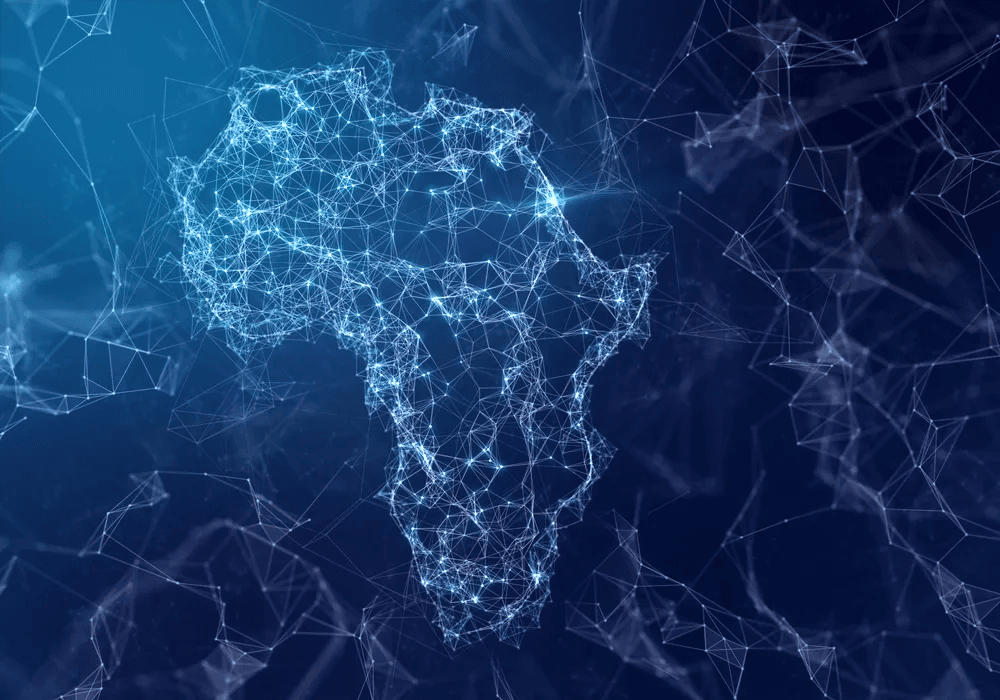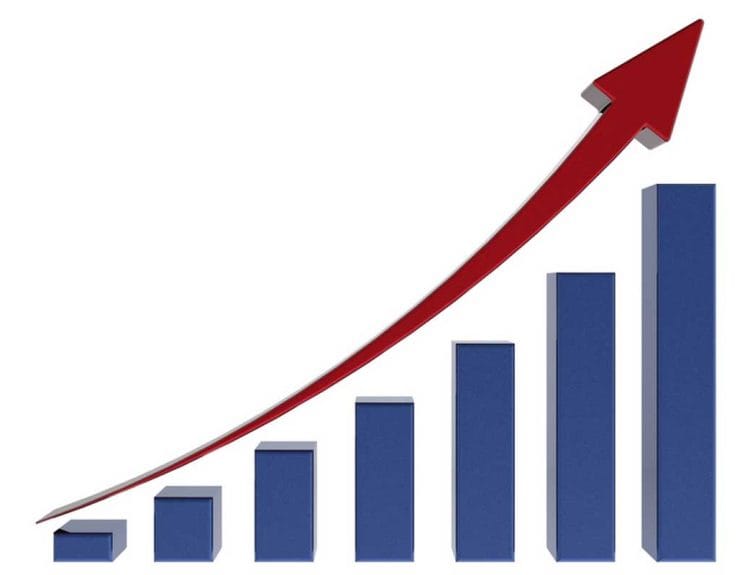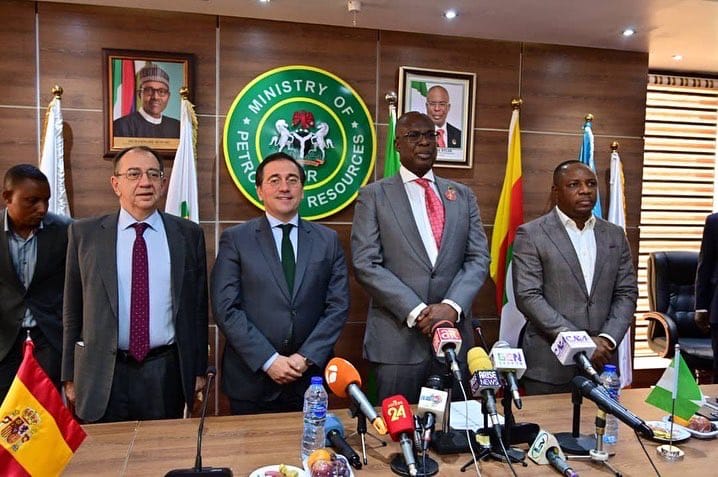Asian countries and their private sectors have a strong interest in turning to Africa, recommended African Development Bank Group Chief Economist Kevin Urama. He made this call during a seminar co-organized with the Korea Institute for International Economic Policy (KIEP) on July 12, 2023 in Sejong, Korea, on the 2023 edition of the African Economic Outlook report.
“I invite investors and governments in Asia to see Africa not as a distant land, but as a continent full of opportunities,” urged Kevin Urama, who is also vice president of Economic Governance and Knowledge Management. It based its recommendations on data from the latest edition of the African Economic Outlook, one of the Bank Group's flagship reports. Each year, this long-awaited publication analyzes the economies of Africa's 54 countries and details their projections.
Despite the numerous major shocks that Africa has faced in recent years, including the Covid-19 pandemic, the effects of climate change, and Russia's invasion of Ukraine, the continent turns out to be quite resilient: after reaching the 3.8% in 2022, its growth rate is expected to increase to 4.1% in 2023 and 2024, surpassing the world average of 2.9% and Europe's 1.1%, the chief economist predicted, estimating that only Asia's growth of the 4.3% will be higher.
«Africa must play a key role in the green transition, as it holds 60% of the world's untapped arable land and the minerals necessary for green growth. These are opportunities for sustainable development and investments. It is a virgin land, where low-carbon infrastructure can be easily built without incurring large expenses,” added Kevin Urama.
To seize these opportunities, Asian investors must move beyond stereotypical perceptions about Africa. "In Africa, we have had the Covid pandemic, we face crises, we have conflicts, it is true, but that is only part of the reality," emphasized the administrator of the African Development Bank Group for Canada, China, South Korea, Kuwait and Turkey, Edmond Wega.
Edmond Wega called on Asia to turn crises into opportunities. "The Asian continent must use its technologies and knowledge to establish a beneficial relationship with Africa, work with regions, countries, the African Development Bank, to achieve a convergence of interests, so that dreams come true," he defended.
KIEP Vice President Sung-Chun Jung agrees with the same idea. "Africa has the potential to be a future market of opportunities in terms of green growth, with its rapidly growing population and abundant renewable energy and mineral resources," he insisted.
The head of KIEP made a passionate call to the international community to strongly support the efforts that African countries are making to combat climate change, providing financing, technology transfers and capacity building, among others. Furthermore, he emphasized that the private sector must play a greater role in covering the financing gap that affects the mobilization of funds destined to fight climate change.
The presentation of the report was followed by a roundtable, which brought together Hong Miao, energy expert and program director at the China World Resources Institute; Sungbae An, director of the Department of Macroeconomics and International Finance at KIEP; and Kohji Mitomori, director of the Climate Change Office of the Global Environment Department of the Japan International Cooperation Agency (JICA). Munsu Kang, research associate at KIEP, moderated the discussions.
Ms. Miao highlighted that Chinese companies and investors are willing to work with other OECD countries to invest and participate in economic development in Africa, especially in terms of green growth and renewable energy.
“A large number of Chinese private investors are already present in Africa and multilateral development institutions must also play a role, because there are many innovative opportunities to involve more private investors. Both sides, Asia and Africa, must make efforts,” he stated, after presenting a study on the appetite of Chinese investors for Africa, especially in renewable energies.
Based on declining inflation rates internationally “in the near future,” Sungbae An mentioned KIEP's economic projections, which point to 3.7% growth in 2023 in sub-Saharan Africa. "One of the key issues we have identified is inflation stemming from rising food and commodity prices, pressure related to rising exchange rates and political unrest," he added.
Kohji Mitomori highlighted the growing interest of Japanese companies in investing in renewable energy in Africa. He stressed that Japan would double its contribution to climate adaptation by 2030. "In Africa, we are trying to focus on low-carbon urban development, resilience to climate change, climate risk assessment, an early warning system and the preservation of forests and nature,” said Kohji Mitomori.
This was the fourth consecutive time that the African Economic Outlook report was presented in Asia. The African Development Bank Group has opened a Representative Office in Asia, based in Japan.
Source: ecomnewsafrique






